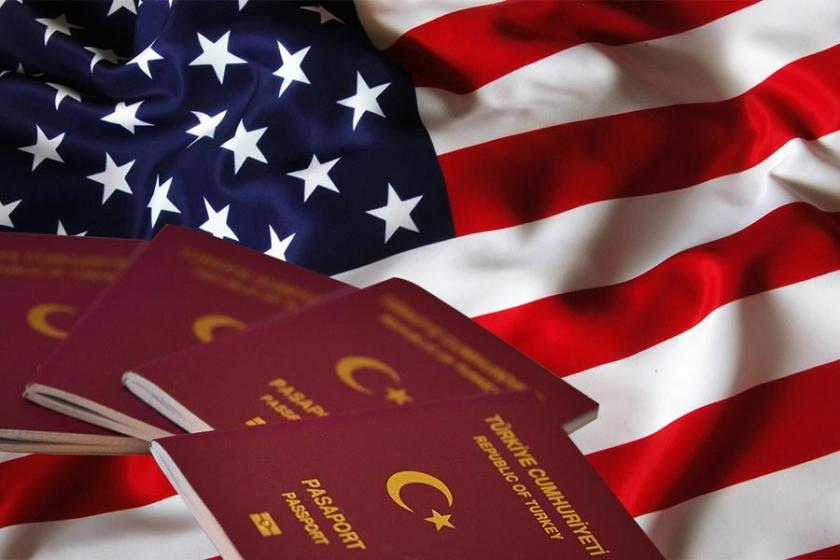The United States promised on Wednesday to expand its visa processing capacity in Turkey, moving to defuse a dispute that has threatened to further strain already difficult relations between the two NATO allies, Reuters reported.
US visa applicants in Turkey have been facing enormous delays, with wait times for an appointment extending up to 15 months. It is part of a global bottleneck in US visa services after Washington halted almost all visa processing worldwide in March 2020 due to the COVID pandemic.
But Turkish Foreign Minister Mevlüt Çavuşoğlu on Tuesday accused the United States and also some European nations of intentionally drawing out their visa application process, calling it an effort to embarrass President Recep Tayyip Erdoğan’s ruling Justice and Development Party (AKP) ahead of elections in Turkey next year.
The US State Department indicated that Washington did not want the issue to escalate.
“We have no desire for this to be an irritant in our bilateral relationship,” a State Department official said in an emailed response to Reuters’ questions.
With the opening of a new US Embassy compound in Ankara, Washington will be resuming routine non-immigrant visa appointments there, the official added.
“Mission Turkiye has been working very hard to overcome delays, and we are very pleased that the newly completed US Embassy compound in Ankara will enable us to expand our visa processing capacity,” the official said.
Testy ties
Bilateral relations have been strained in recent years over a range of issues including Turkey’s decision to buy a Russian missile defense system. With the war in Ukraine, Washington has grown more concerned about Ankara’s ties with Moscow and has warned of Turkish firms becoming embroiled in Western sanctions against Russia.
In his comments on Tuesday, Çavuşoğlu suggested the delays in issuing visas to Turks were politically motivated.
“We see they are doing it deliberately. This is how our people see it, too. We consider these to be steps taken to put the AKP government in a difficult situation before the elections,” he told Turkish broadcaster Haber Global.
“I don’t believe the COVID and staffing excuses. … If they wanted to, they could solve it very easily,” Çavuşoğlu said.
Asked about the comments, the State Department official said, “We accept FM Çavuşoğlu’s expression of concern that this is an issue of frustration for Turkiye.”
Çavuşoğlu threatened to impose counter-measures against Western countries soon if the visa issue remains unresolved.
“At the beginning of September, our colleagues will summon the ambassadors of these Western countries to the ministry, and they will issue the necessary warnings. If it does not improve after that, we will also take counter, restrictive measures,” he said.
Çavuşoğlu raised the visa issue with US Secretary of State Antony Blinken in May in New York. They discussed the matter again by phone this month.
Before the pandemic in 2019, the United States issued more than 85,000 non-immigrant visas in Turkey, but that figure had dropped to below 20,000 in 2021.
The US official said wait times might decrease with the planned addition of new processing capacity.
“Applicants should monitor our website to view current visa wait times. … Those with existing appointments may reschedule them through the website if an earlier appointment is available.”


